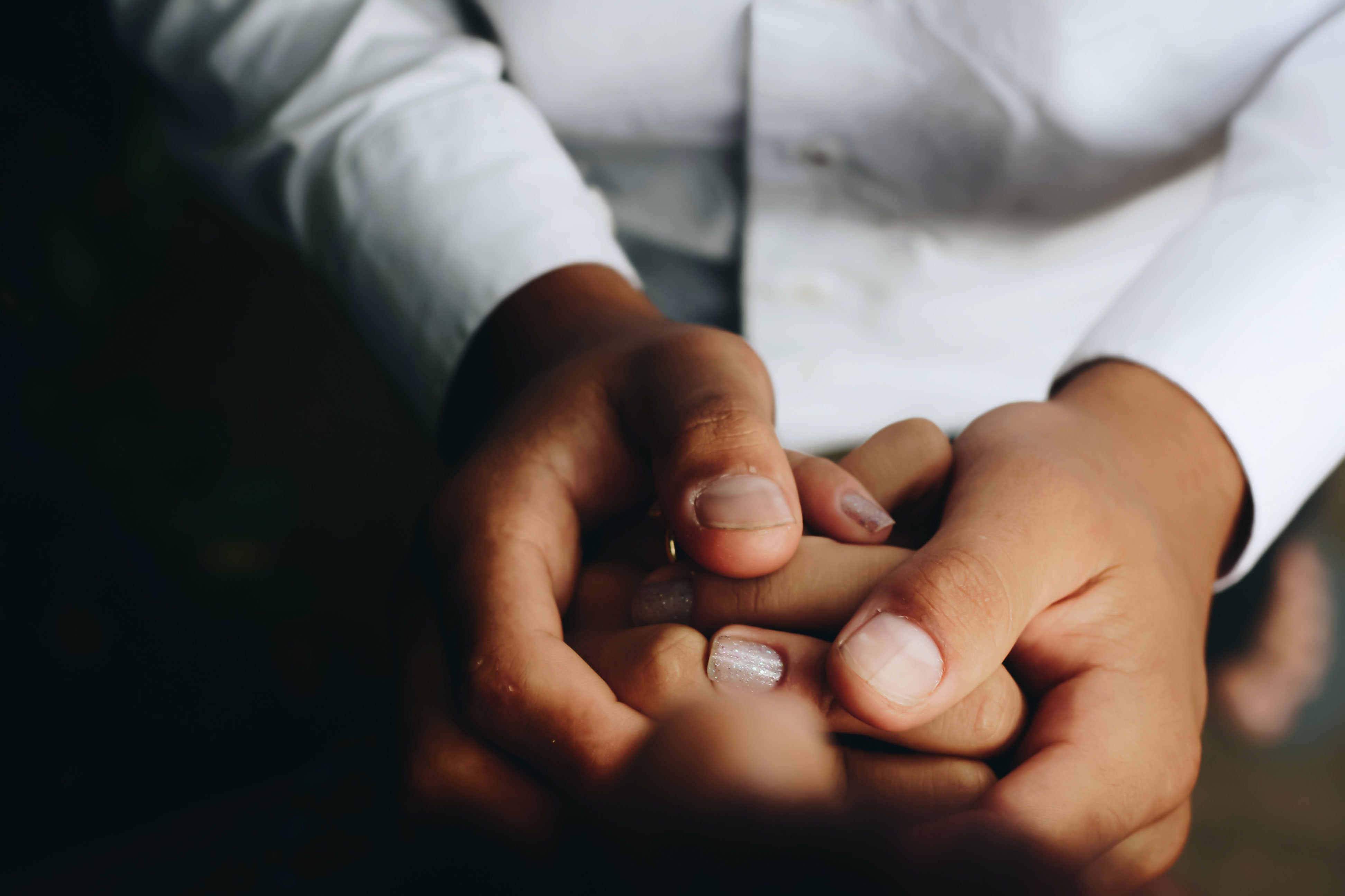Why are we unwell?
Here are some facts that may or may not surprise you:
- According to Heart.Org, approximately 55% of Black adults have HBP, the highest in the world.
- The risk of developing diabetes for African-Americans is 77% higher than non-Hispanic or white Americans.
- When it comes to heart disease, African-Americans are more likely to develop it – not to mention at a younger age – than non-Hispanic or white individuals.
- African American women have the highest rates of obesity compared to other groups, with four out of 5 falls in the overweight or obese category.
So, why is this? Genetics? Lifestyle?
Yes, those can play a small part, but that doesn’t paint the entire picture. It ultimately comes down to socioeconomic factors, racial bias, and discrimination.
Disparities exist between African Americans and white/non-Hispanic Americans in various areas. Still, none perhaps have such devastating and far-reaching consequences as when it comes to our health. The results are the culmination of a hundred other injustices: The cycle of poverty. Lack of access to healthy foods. Overcrowded classrooms and insufficient funding provide educational opportunities for students in poorer neighborhoods. Higher incarceration rates and, therefore, getting employment can be challenging. A caveman-era presumption that African-Americans have a higher tolerance for pain and their needs aren’t taken as seriously.
Each of these elements on its own might not translate to higher HBP or CHF rates. But as a culmination of circumstance, is it any surprise that the Black community suffers from these diseases at worse rates than anyone else?
What can we do to change this? It’s not simply a matter of “getting better health insurance” or “eating more vegetables.” (Though that last one is always a good idea no matter who you are!) We need structural change. Bills like The Affordable Care Act have made progress to ensure all Americans have access to quality health insurance coverage, but the gap still exists for minorities. It isn’t a solution to the much deeper and much more problematic issue.
Programs like The Racial Equity and Health Policy Program, the AMA, and the American Public Health Association are all dedicated to the cause of raising awareness and effecting actual change. Take a few moments to read what they’ve been up to, donate a few dollars if you can spare it, and above all, use your voice to speak up and demand better for yourself, your family, and your community.
Tell us what you think. Does this information surprise you? Have you faced racial discrimination in your own pursuit of health and wellbeing? Leave us a comment below.

